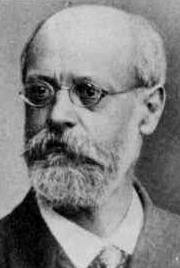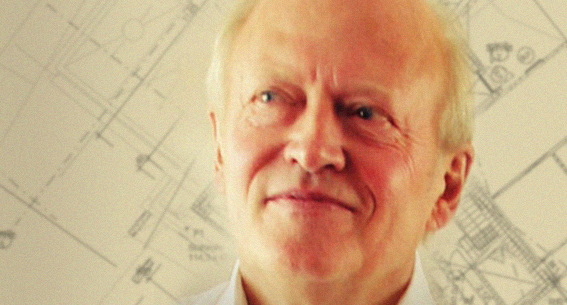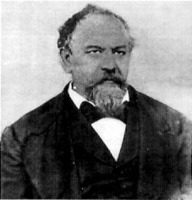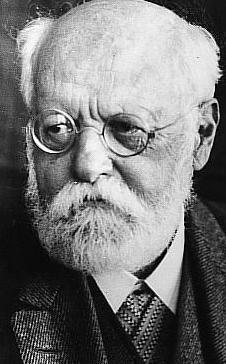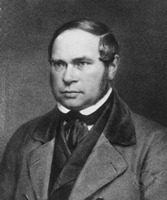Karl Höchberg
Karl Hochberg ( born September 8, 1853 in Frankfurt am Main, † June 21, 1885 in Zurich ) was a financier of the early social democracy, editor theoretical journals, author and ethical socialist. Pseudonyms: Ludwig Richter and R. F. Seyferth.
Life
Karl Hochberg came from a wealthy Jewish family. The eponymous father was Lotteriehauptkollekteur. The mother had died early. The father was a Democrat and in his villa on the Bock Landstraße perverted scholars of all kinds During the Prussian occupation of the Free City of Frankfurt was the villa is the headquarters of the Prussian General Edwin von Manteuffel. Thus his sons did not have to serve in the Prussian army, he gave them a Swiss citizen.
He attended high school in Darmstadt, where he lived at the Democrat Ludwig Büchner. After his father died, studied in Heidelberg and Zurich philosophy. But he also devoted himself to sociology. For ethical reasons, he became a vegetarian.
After meeting with Geib August 1876, he joined the SDAP. With his inherited fortune, he was a major financier of the early social democracy. Even when he was not yet of age, he donated anonymously considerable amounts of the party. According to Wilhelm Blos he donated a total of several hundred thousand marks. He was called " gold uncle of the party".
He represented a significant portion of its assets available to the party 's own cooperative book publishing and the magazine to get a Social Democrat. In particular, it gave the money for the theoretical Magazines The Future (1877-1878), the State Scientific treatises and 1879-1881, the Yearbook of Social Science and Social Policy. He was also editor of these periodicals. The yearbook, there were under the pseudonym out Dr. Ludwig Richter. The future was banned at the beginning of the Anti-Socialist Law, even though they held out from daily political debates.
In the editorial for the first issue of the future, he represented a socialism that differed by its ethical component of the ideas of Karl Marx and Friedrich Engels. It was said that the science do not have a measure of value. Therefore have any party that has a clear mission, their own moral system. The Social Democrats consider the equitable distribution of goods as a condition of uniform possible distribution of human happiness. He advocated a pragmatic " Socialistik " from. This would demonstrate to the criticism about manchester liberals that the social democratic goals are realized. It must be shown how the state of the future look like and in what way they could reach him. Before utopianism he warned. At Höchbergs Socialistik later tied to Carl August Schramm. The magazine itself was a forum for authors from all currents of the social democratic movement. In view of the background and the views of the publisher Marx and Engels were full of distrust of Hochberg. They threw him like August Bebel judges falsely before that Hochberg would spend from smarter computing, with the goal to bring the party astray, his agent. Traveled only when Bebel 1880 together with Eduard Bernstein to London, he was able to dispel the mistrust of the " Elders ".
The circular letter of Karl Marx and Friedrich Engels suggests that Karl Hochberg one of the authors of the anonymously published article was flashbacks to the socialist movement in Germany. This negates Eduard Bernstein directly, by naming Karl Flesch actual author.
Of considerable importance, he was also a mentor of younger Social Democrats. In 1878, Eduard Bernstein gave his previous position at an insurance and was private secretary Höchbergs. After he offered Karl Kautsky the post of research assistant for his yearbook of Social Science and Social Policy, this broke off his studies to work for Hochberg.
In the course of the Socialist Law in 1880, he briefly expelled from Berlin. For health reasons, he then lived in Switzerland. He died of a lung disease.
Works
- State economic treatises. Edited by R. F. Seyferth Leipzig from 1879 to 1881.


